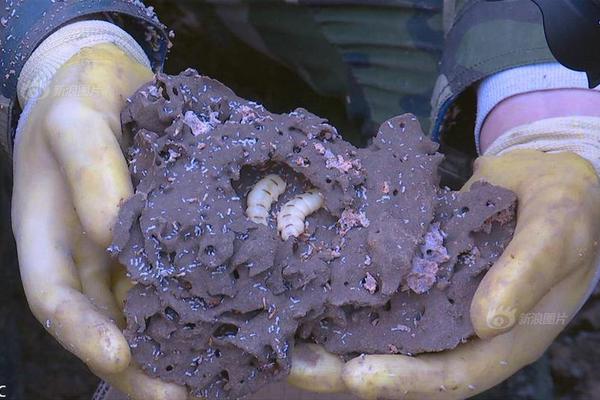Astronomers have ???? ??? ?? ??finally caught a dying star in space going out with a bang — and then another bang.
The new photographic evidence, captured using the European Southern Observatory’s Very Large Telescope in Chile, shows the first proof of a rare kind of stellar death called a double-detonation supernova.
This double-blast event, spotted in the supernova remnant known as SNR 0509-67.5, confirms a theory that has divided astrophysicists for decades. The star’s remains, about 300 years old, show a distinctive pattern: two separate shells of calcium, one nested inside the other like Russian matryoshka dolls. This could only form if a white dwarf exploded twice.
You May Also Like
The breakthrough, published in Nature Astronomy, rewrites part of the story behind one of the most important tools in astronomy, the Type Ia supernova. Sometimes dubbed a "cosmic yardstick" by NASA, this special supernova shines brightly for a short time and gives off a predictable, known amount of light. That makes it perfect for measuring distance in space: The farther the supernova, the fainter it appears to us. By collecting light from these blasts, scientists also can figure out how fast the universehas been expanding.
"Our results required a large resource commitment with a very advanced instrument on a large telescope," Ivo Seitenzahl, one of the researchers, told Mashable. "Basically, the observations are near the limit of what's currently technically feasible."
SEE ALSO: Spectacular Webb telescope image shows a stellar death like never beforeUnderstanding how exactly these events work isn’t just academic, it's essential for making sense of the universe. These explosions forge the majority of iron in our galaxy — the same stuff found in our blood, buildings, and planet.
A white dwarf star — the dense stellar core left behind after a sun-like star runs out of fuel — gradually steals material from a neighboring star. Once it grows massive enough, it ignites in a thermonuclear explosion. But some researchers have suspected there is another way: A thin outer layer of helium could explode first, sending a shockwave inward that then blows up the white dwarf’s core. The second blast is the ultimate supernova that tears the star apart.
Until now, this two-step concept lived mostly on whiteboards and in computer simulations. Now, astronomers have receipts proving it really happens.
The explosions would have occurred in quick succession, Seitenzahl said. The second blast likely followed just two seconds later, "essentially the time it takes the helium detonation to travel from one side of the white dwarf star to the other."
 A telescope image shows the distribution of calcium in a supernova remnant. Credit: ESO / P. Das et al.
A telescope image shows the distribution of calcium in a supernova remnant. Credit: ESO / P. Das et al. Scientists turned the telescope's Multi Unit Spectroscopic Explorer instrument toward the glowing wreckage in the Large Magellanic Cloud, a galaxy neighboring the Milky Way. The calcium detections were the giveaway. Sandwiched in between the blown-off shells was sulfur, with each layer consisting of different densities from the two explosions.
"Revealing the inner workings of such a spectacular cosmic explosion is incredibly rewarding," said Priyam Das, lead author of the paper, in a statement, describing the remnant as a "beautifully layered structure."
Related Stories
- Spectacular Webb telescope image shows a stellar death like never before
- The Webb telescope just probed a star's pulverized corpse
- The best telescopes for gazing at stars and solar eclipses in 2024
- Rubin Observatory's first images flaunt millions of galaxies. Take a look.
- Is there any hope for Earth after the sun dies? A glimmer.
Astronomers can't normally see what happens deep inside a star during its final moments. The explosion itself is too bright, fast, and distant. But hundreds of years later, the drifting shrapnel betrays the secret.
Though this discovery doesn’t close the case on how all Type Ia supernovas work, it does show at least some stars don't need to hit a critical mass of matter before going boom. It seems a smaller star with the right kind of helium wrapper can self-destruct just fine.
For this particular system, there won't be any more explosions, but the hunt continues for variations on this exotic breed. Some models for double detonations indicate the primary star can actually trigger yet another double detonation in the lighter companion star.
"This would be a double double detonation," Seitenzahl said.
UPDATE: Jul. 2, 2025, 12:50 p.m. EDT This story has been updated to include additional reporting, including new quotes, from the researchers.
















